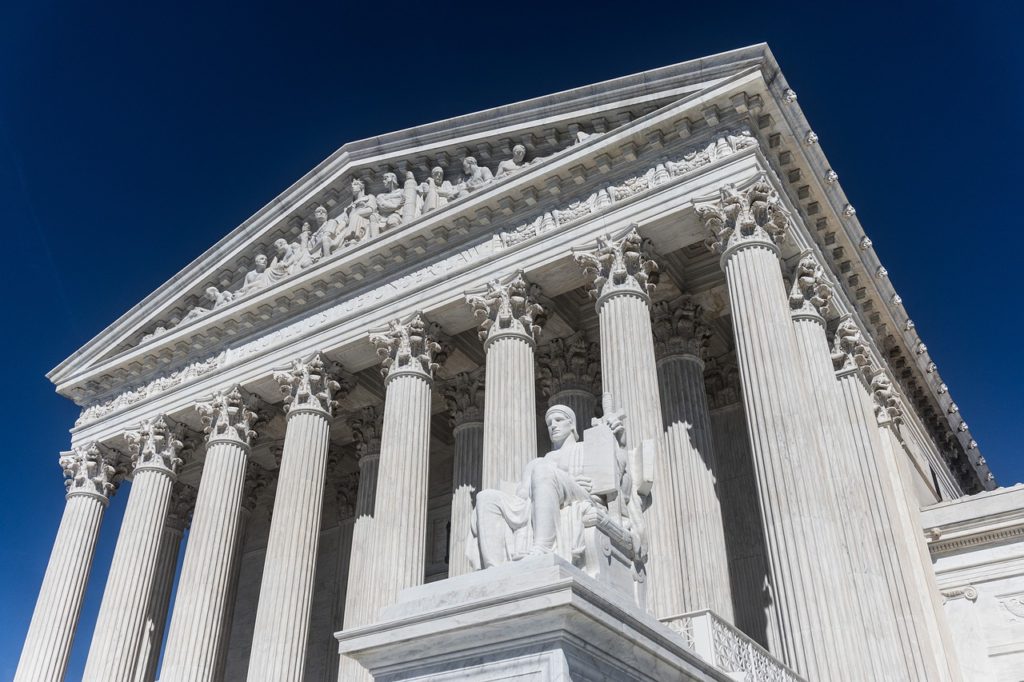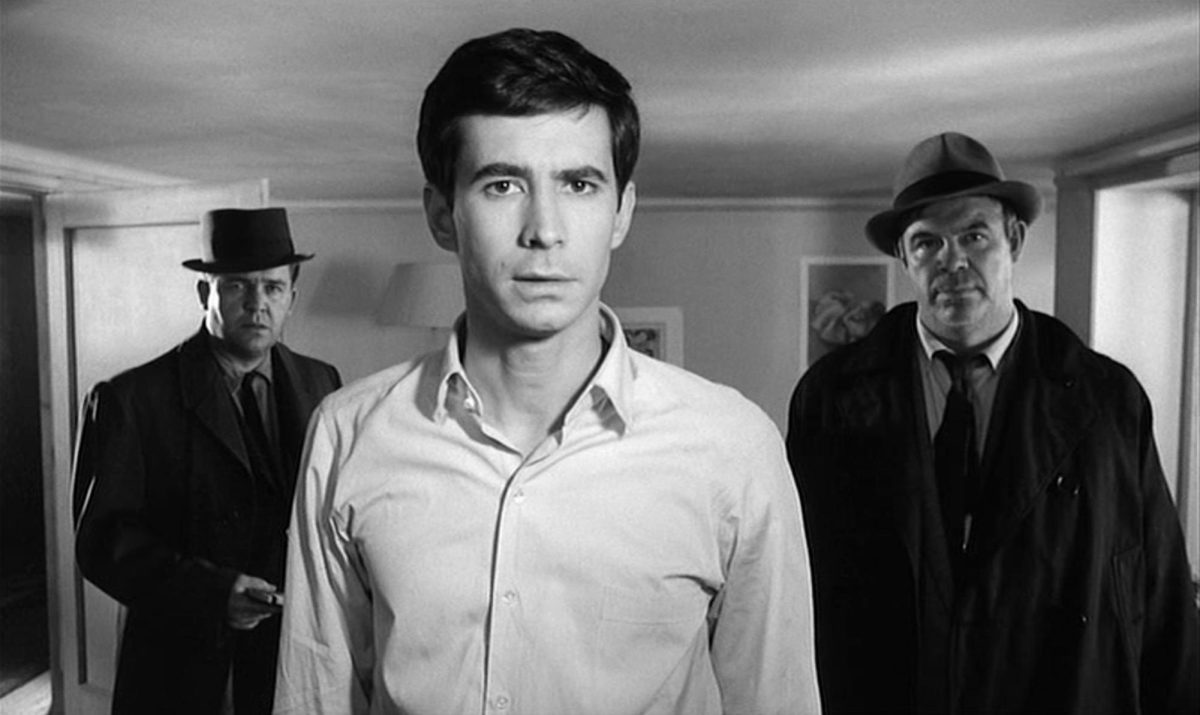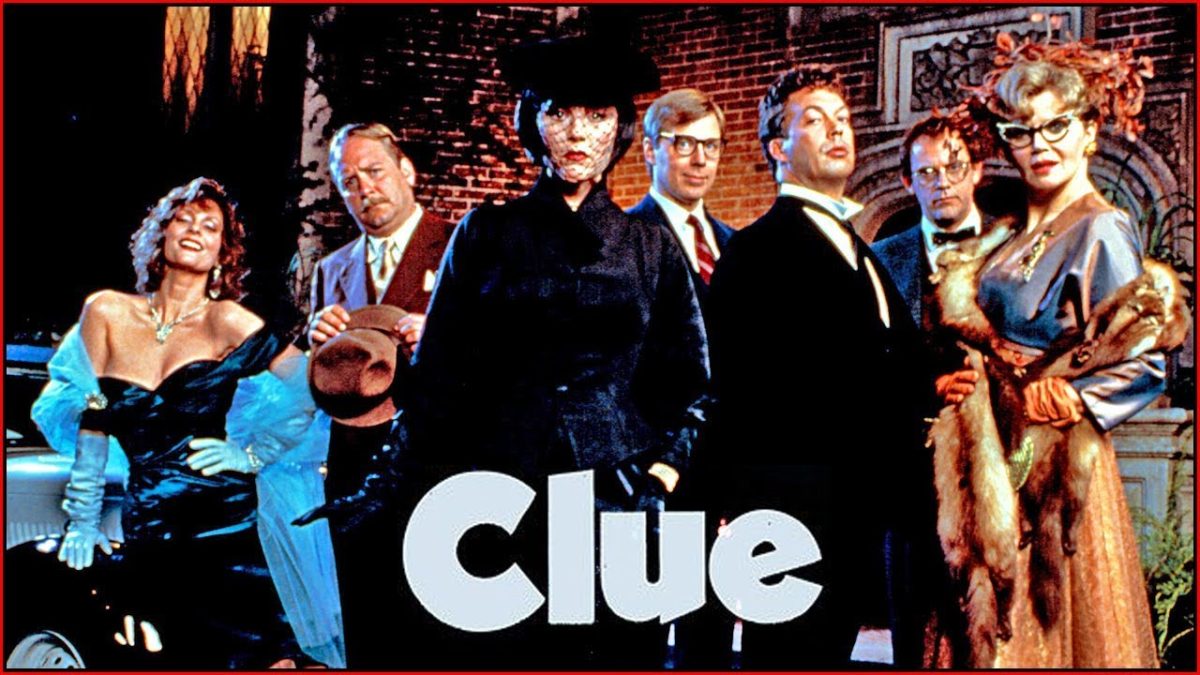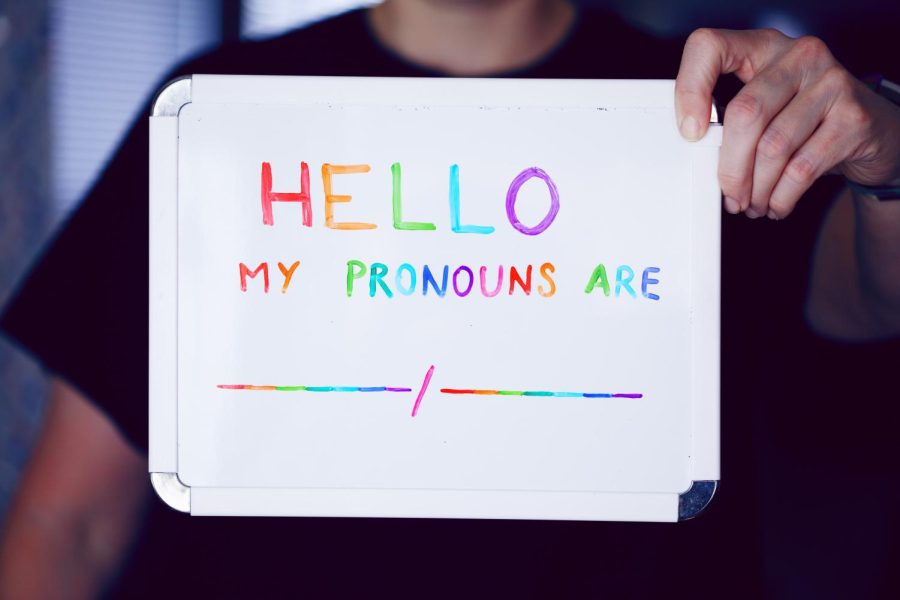Business tycoon Byron Allen, Founder and CEO of Entertainment Studios, Inc. is suing Comcast Corp. and Charter Communications for $20B over discrimination. Allen alleges the media giants refused to license his company channels because he is black. The Supreme Court has agreed to hear arguments from both sides this Wednesday.
The action has been making its way through the system since 2015. The ninth circuit court of Appeals actually ruled in favor of Allen twice in the cases against Comcast and Charter. However, the ruling caused Comcast to take their cause all the way to the Supreme Court.
Allen argues that Comcast violated the historic Civil Rights Act of 1866. Primarily, the legislation granted citizenship to all African Americans. It further gave them the right to enjoy full and equal benefit of all laws and proceedings that were afforded to white citizen’s. This included the making and enforcing of contracts. Allen asserts that Comcast deprived him of these rights when they denied his channels.
“The law was put on the books 153 years ago to make sure that we had an economic pathway for economic inclusion,” said Allen during an interview with the Breakfast Club on Power 105.1 radio.
A spokesperson for Comcast said in an interview with Deadline “We believe that the civil rights laws are an essential tool for protecting the rights of African-Americans and other diverse communities.”
The spokesperson went on to say, “We have been forced to appeal this decision to defend against a meritless $20 billion claim, but have kept our argument narrowly focused.”
Trump and his administartion are backing Comcast. Trump’s Department of Justice filed a brief arguing that Allen needs to prove that race was the only reason he was discriminated against. In fact, Comcast has offered ten minutes of their court time to the DOJ in order to argue against Allen.
This case is so critical that the NAACP filed an amicus brief on Allen’s behalf. So did Senator Kamala Harris which Senator’s Cory Booker, Blumenthal, Wyden, and eight members of the Congressional Black Caucus signed in efforts to protect civil rights.
This pivotal case could potentially reshape how the court deals with future discrimination proceedings. Small business owners are worried that if Allen wins, this could lead to an influx in discrimination claims.
However, other citizens are concerned that if Allen loses, it will create higher hurdles for others when filing discrimination cases; possibly making it easier to be discriminated against with no form of accountability on the perpetrators and no legal recourse for victims.

































